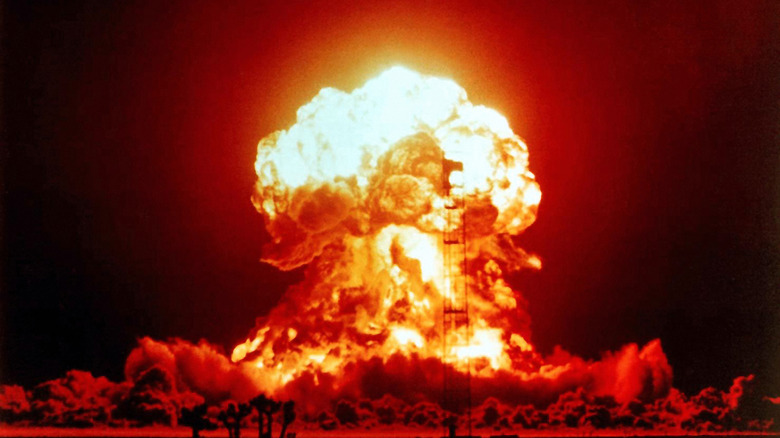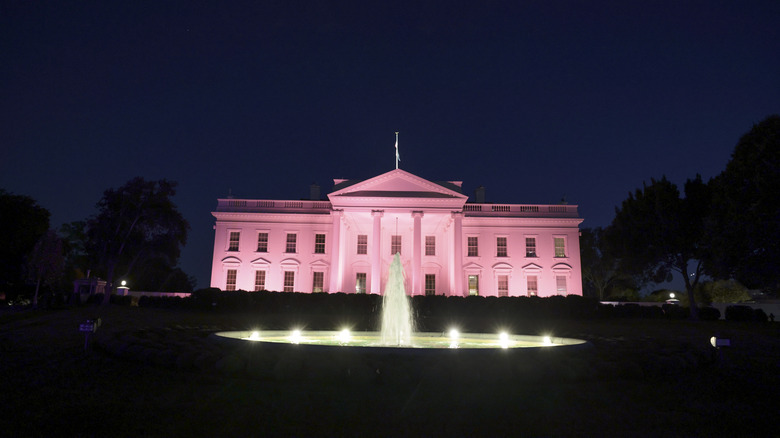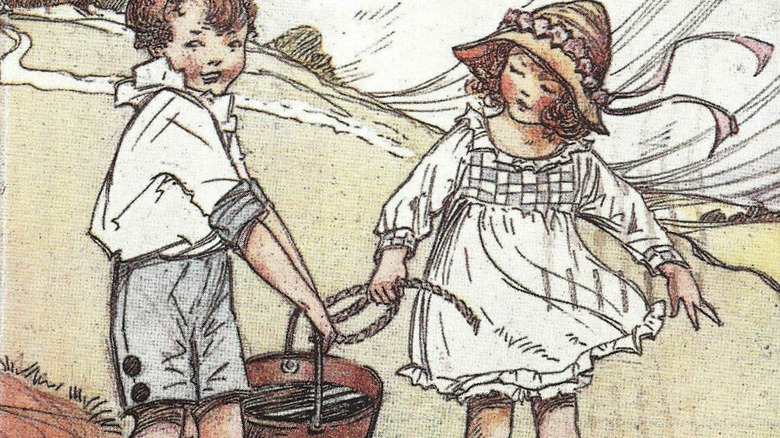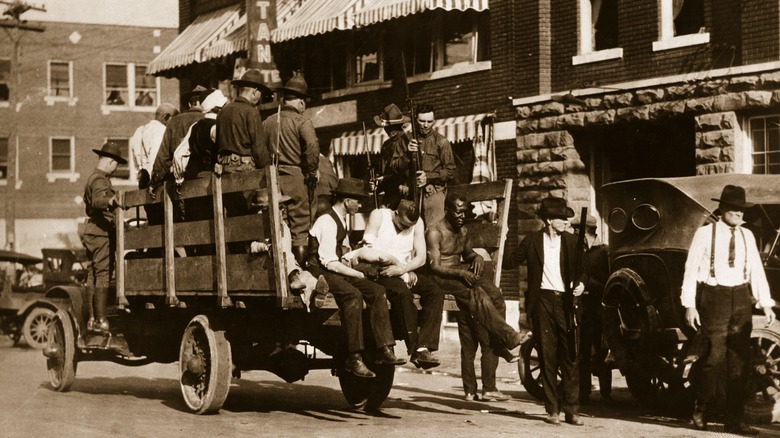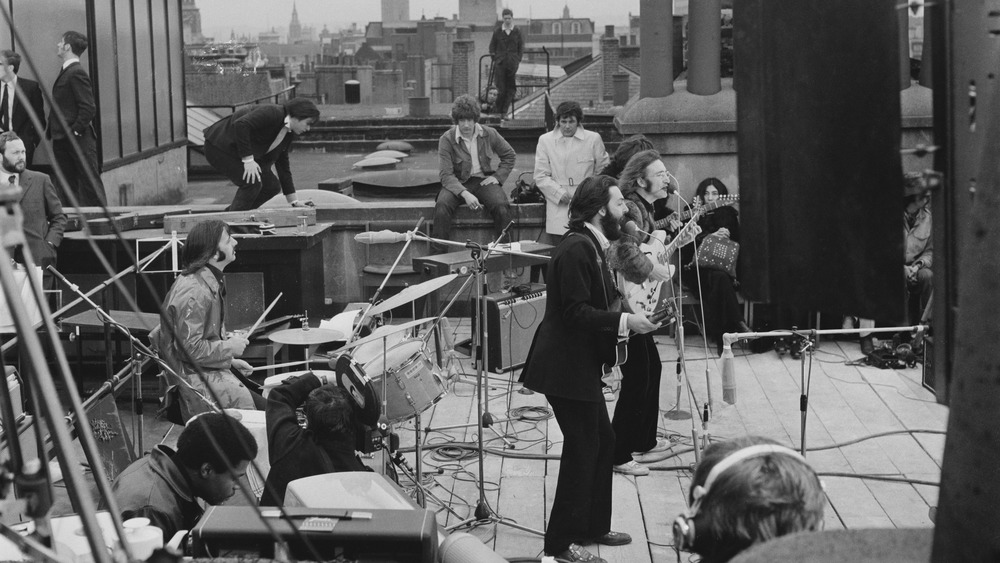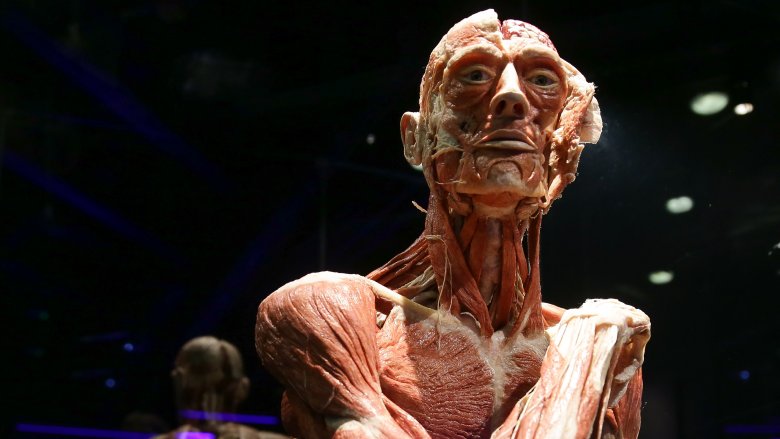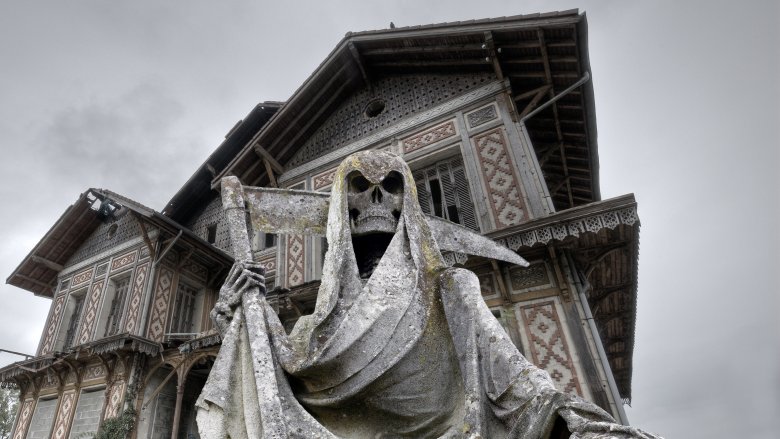
The Truth About The Deadly Wanggongchang Explosion
One of the deadliest accidental explosions in the history of mankind occurred on May 30, 1626, in the heart of Beijing during the Ming Dynasty (via China Underground). The event, known as the Wanggongchang Explosion, Great Tianqi Explosion, saw around 20,000 people lose their lives, thousands more wounded, and such wide destruction to Beijing that it took decades for the city to return to its former glory.
The Wanggongchang Arsenal was one of six gunpowder factories in Beijing, less than 2 miles away from the Forbidden City palace, which was being renovated at the time. In the morning, the Arsenal exploded for reasons not entirely known to this day, completely devastating more than one-and-a-half square miles of Beijing and sending debris raining down on panicked residents. The Ming Dynasty had already been suffering against rebellions and natural disasters and was at its weakest late into the reign of the emperor. The Wanggongchang Explosion directly contributed to the dynasty’s fall in the years to come.
The blast was comparable to Hiroshima
When the armory exploded, trees were uprooted and massive stone lion sculptures were thrown over the city walls, according to Medium. One report claimed that “the sky and earth collapsed” and it was dark as night despite the explosion coming in the early morning. The blast was heard from nearly 1,300 miles away, which would mean somewhere around 20,000 tons of TNT went off, equivalent force to the nuclear bomb dropped on Hiroshima. A cloud was said to hang over the sky after the explosion, similar to the mushroom cloud effect. No one is quite sure what caused the initial explosion. Mishandling of the massive stockpile of gunpowder is a common theory, as is deliberate sabotage. Some reports from the survivors even point to a mid-air meteoric explosion colliding with the armory.
Besides the obvious loss of life and property, the explosion had an extreme effect on the political landscape. The infant prince was killed by falling debris, the only heir to the throne, and the emperor died a year later. His brother’s reign was an ambitious failure, and just 18 years after the explosion, the Ming Dynasty had fallen. Some called it divine retribution for their corruption and misdeeds, and with the sheer destruction caused by the Wanggongchang Explosion, it’s not hard to see why.

Why Benjamin Franklin Tried To Electrocute A Turkey

The Strange Case Of Billy Milligan And His 24 Personalities

The Untold Truth Of The 1984 Friendship Games

Borley Rectory: The Truth About The 'Most Haunted House In England'

The Real-Life 'Twilight Zone' Explained

A Look At Ian Gillan And Ritchie Blackmore's Feud

Details You Didn't Know About H.H. Holmes' Murder Castle

Here's Why You Shouldn't Swallow Your Own Blood
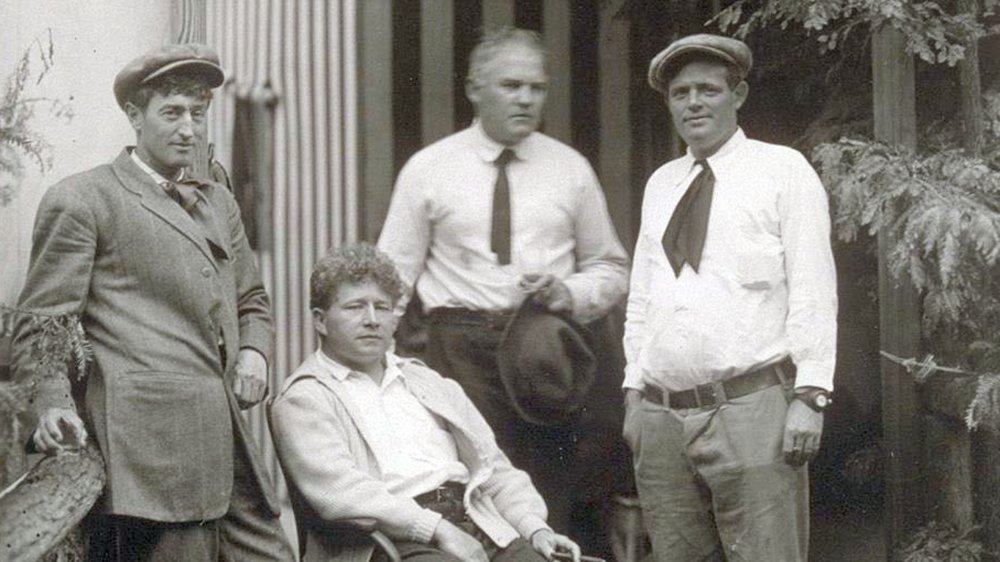
The Illegal Thing Connected To Bohemian Grove

How George Michael's Last Partner Thinks He Actually Died
